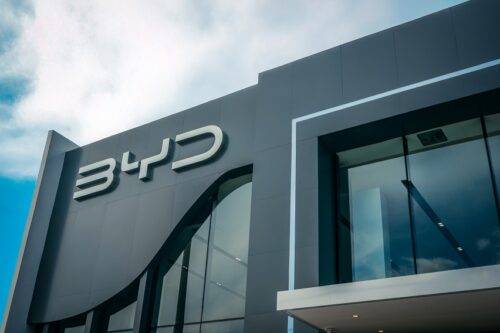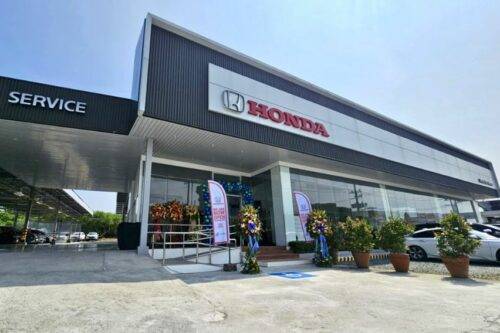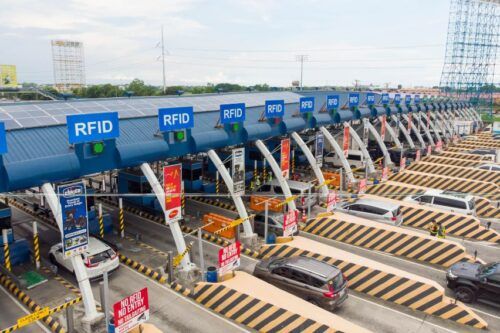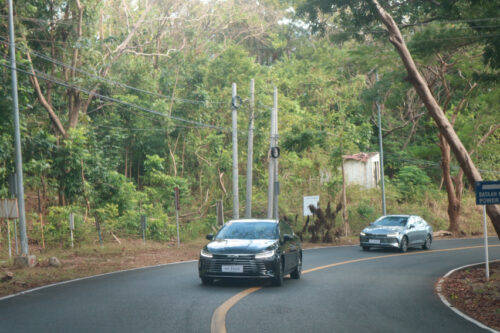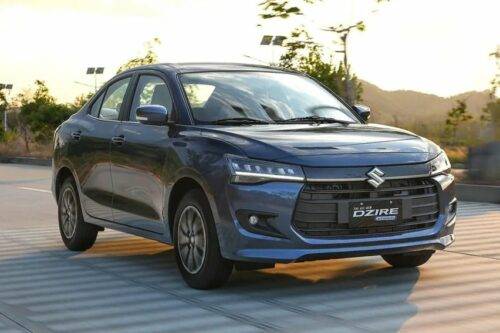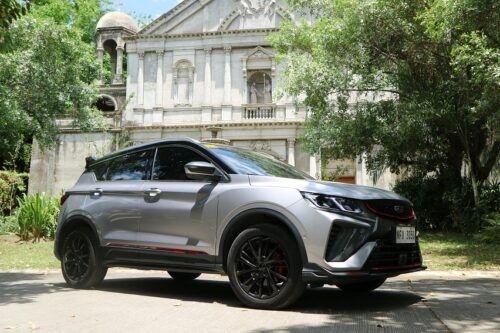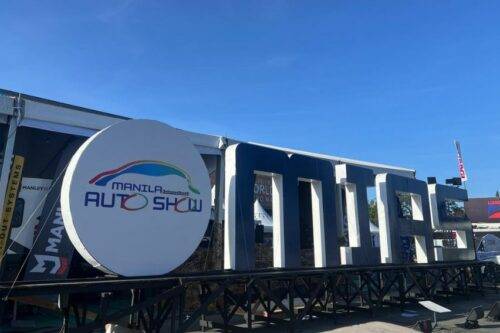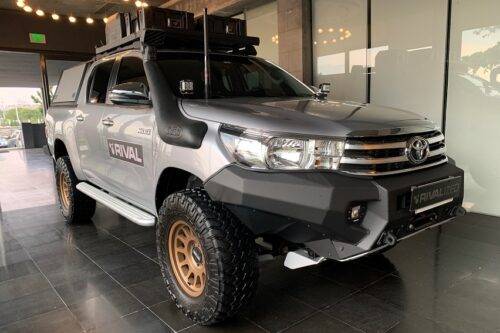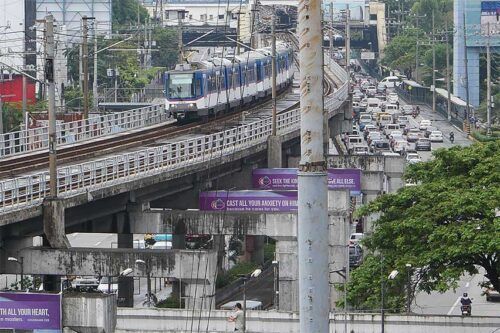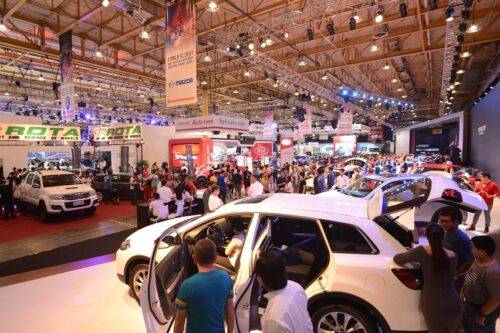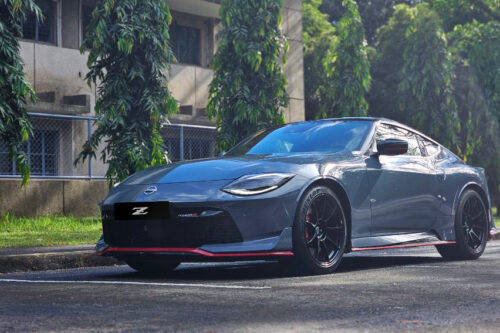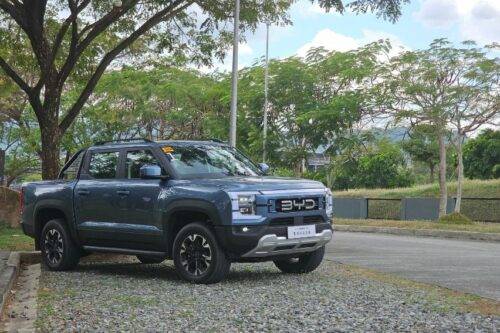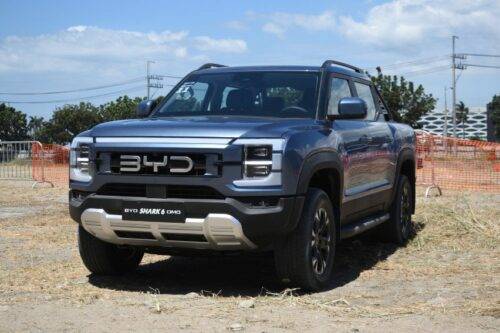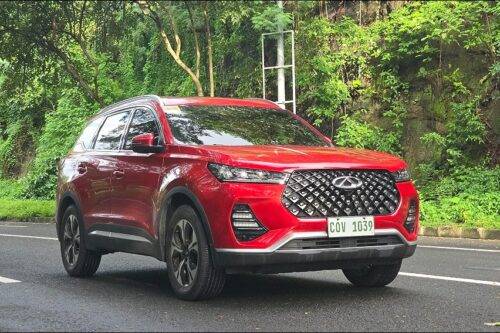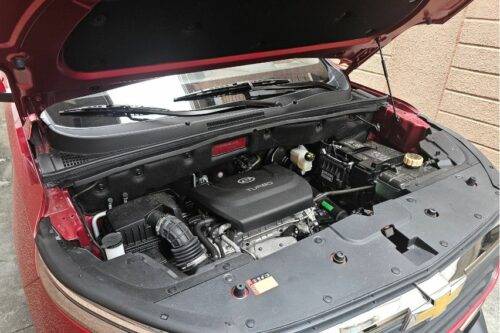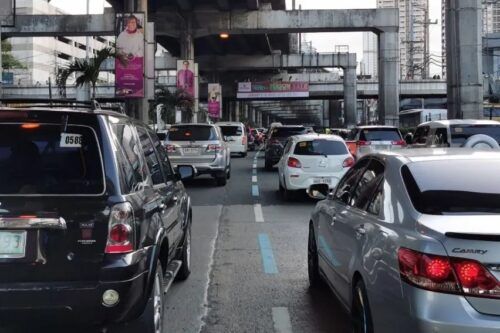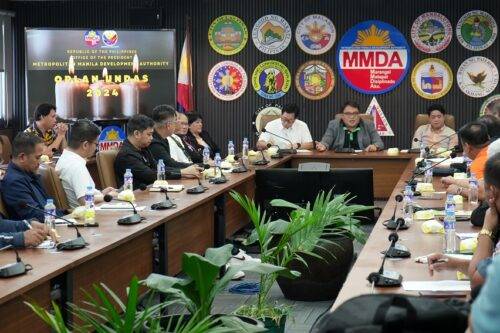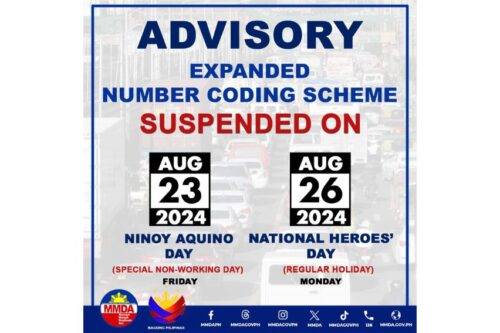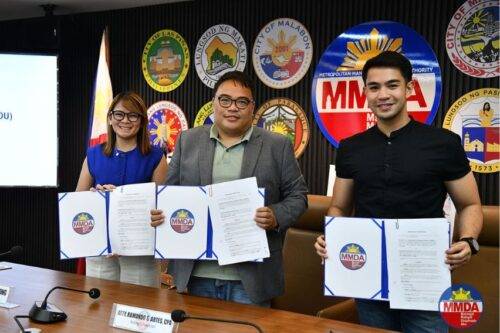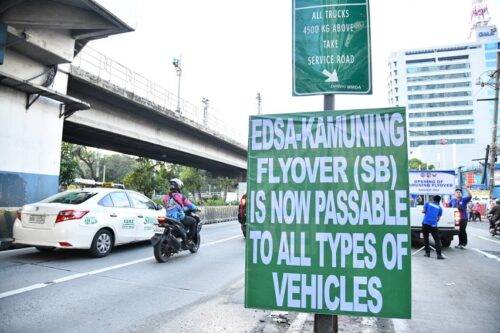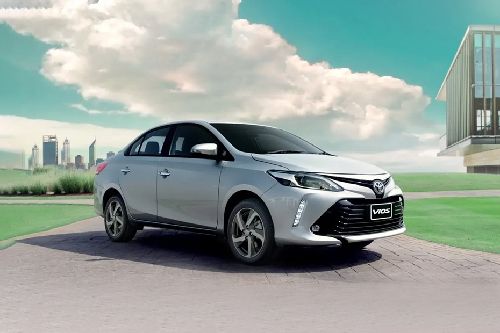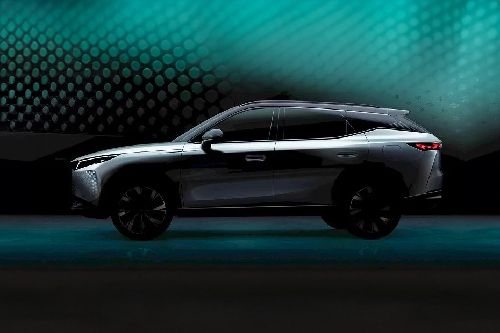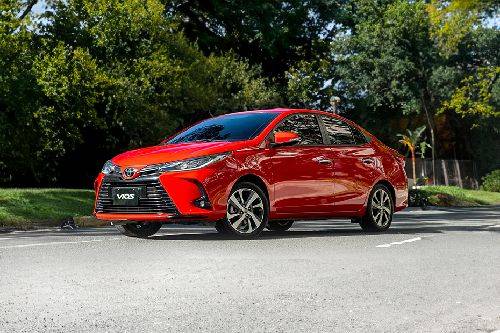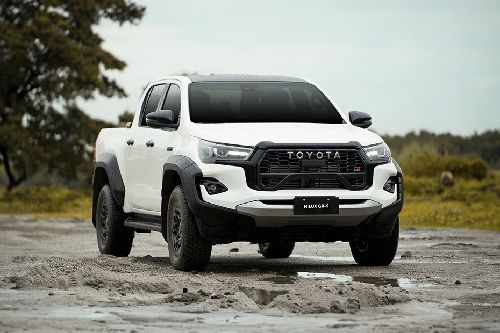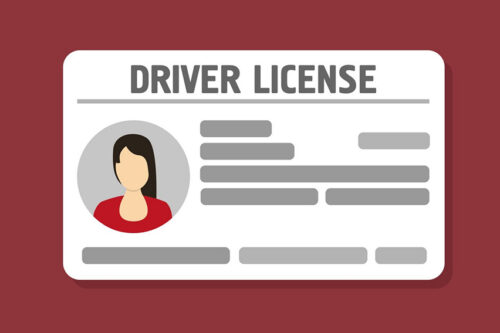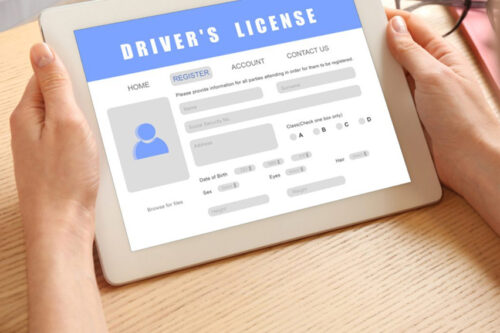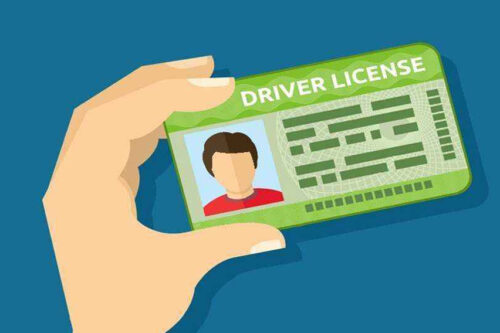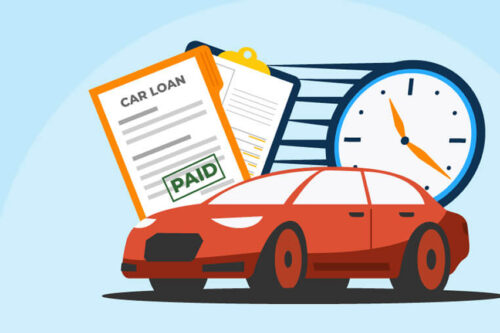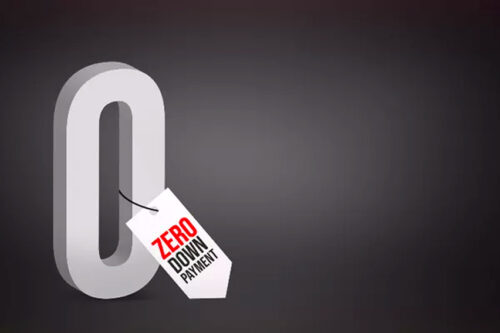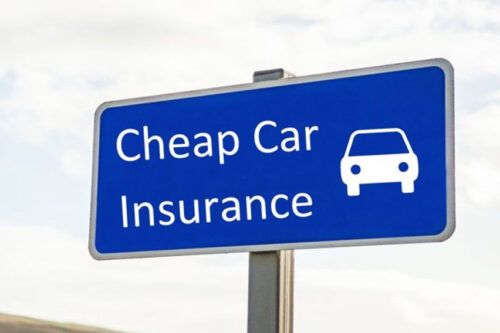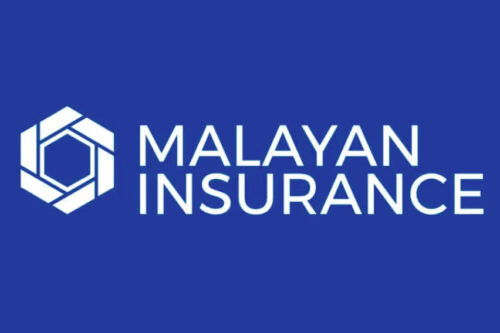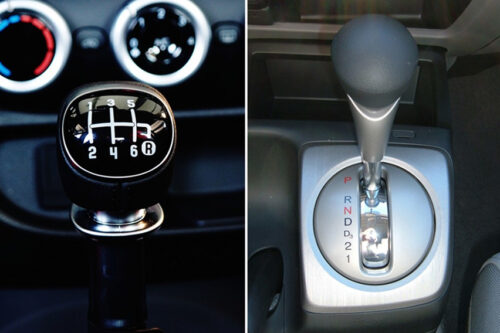Number coding 2025: what you need to know
Traveling to and from Metro Manila? Here's why you should make checking the day of the week and the end number of your registration plate a common practice

To control traffic congestion in the metro, the coding scheme was effected sometime in 1995 by the then newly formed Metro Manila Development Authority (MMDA).
KEY TAKEAWAYS
What days of the week is the number codinng scheme implemented?
The number coding scheme is implemented from Modays to Fridays.What is the fine for violating the number coding scheme?
Apprehended motorists can face a finne ranging from P300-P500.Initially implemented to regulate the number of public utility vehicles (PUV) plying Epifanio de los Santos Avenue (EDSA), the Unified Vehicular Volume Reduction Program (UVVRP) — also known number coding scheme — was later changed to cover private automobiles. That said, motorists traveling in cities that impose the coding program made it a common practice to check the day of the week and the end number of their registration plates.
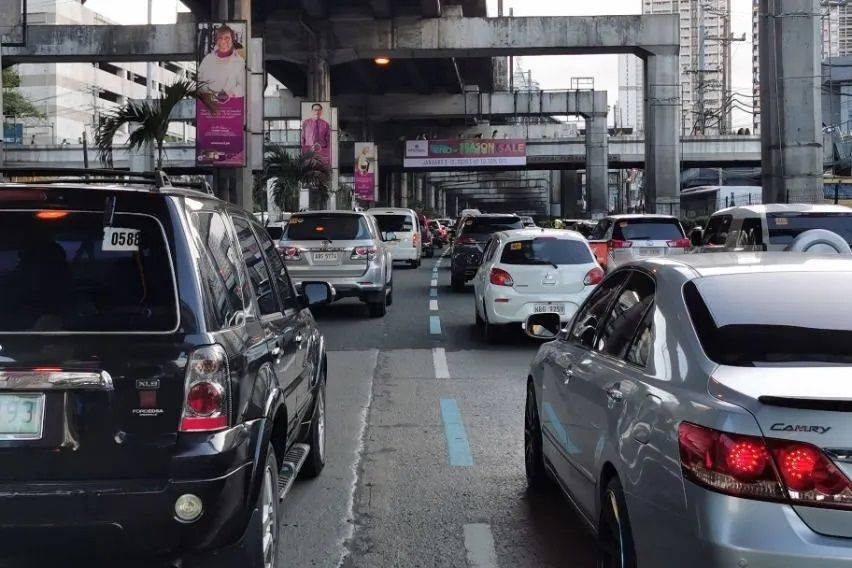 Photo by Ruben Manahan IV
Photo by Ruben Manahan IVTo help new drivers — and those who need a quick refresher — here is a quick look at the things you need to know about number coding in 2025.
How does it work?
There is no doubt that the Philippine automotive industry will continue to grow, and so will the number of registered vehicles.
In the past years, more than a handful of brands made their entry into the market, which was reflected in the Chamber of Automotive Manufacturers of the Philippines, Incorporated and the Truck Manufacturers Association’s 2024 report, with the groups noting a collective sales of nearly half a million units (expected to grow even more in 2025).
The scheme, however, is future-proof as those behind it decided to use the last digit of a vehicle’s license plate and tie it with a corresponding day when they are not allowed to use major Metro Manila thoroughfares.
The Number Coding hours in Metro Manila 2025:
|
Plate number ending in 1 and 2 |
Coding on Monday |
|
Plate number ending in 3 and 4 |
Coding on Tuesday |
|
Plate number ending in 5 and 6 |
Coding on Wednesday |
|
Plate number ending in 7 and 8 |
Coding on Thursday |
|
Plate number ending in 9 and 0 |
Coding on Friday |
As you can see, the coding program only applies on weekdays for all private cars. Further, there is a set timeframe when it is enforced, which happens as below:
Coding Hours: 7 AM to 10 AM in Morning and 5 PM to 8 PM in Evening
Coding Window Hours: 10:01 AM to 4:59 PM
Note - Makati City/Municipality does not have window hours.
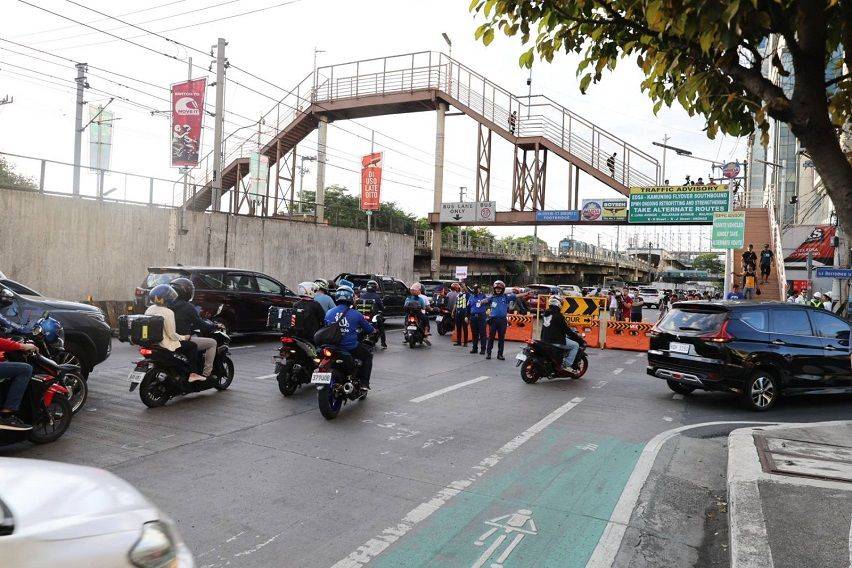 Photo from MMDA
Photo from MMDAThe abovementioned times are when people travel to and from their places of work, therefore an influx of vehicles is often observed. By controlling the number of automobiles going about these times, traffic can be alleviated and motorists will not have to wait hours to cover short distances.
While many will openly debate if the scheme works (especially after Manila has led TomTom’s worst traffic tally in 2023), reducing the number of vehicles during rush hours can positively impact traffic conditions.
Areas of implementation
The number coding scheme is implemented in all the cities of Metro Manila. Here are the places where they are in effect:
- Alabang
- Caloocan
- Las Piñas
- Makati
- Mandaluyong
- Manila
- Malabon
- Marikina
- Navotas
- Pateros
- Parañaque
- Pasay
- Pasig
- Quezon City
- San Juan
- Taguig
- Valenzuela
All the major roads in the aforementioned cities are under the jurisdiction of the MMDA, therefore the below thoroughfares will follow the number coding scheme:
- Araneta Avenue
- Bonifacio Avenue
- Circumferential Road 5
- Circumferential Road 6
- Del Pan
- EDSA
- Magsaysay Boulevard
- Marcos Highway
- Ortigas Avenue
- Quirino Avenue
- Quezon Avenue
- Recto Avenue
- Roxas Boulevard
- Rizal Avenue
- Shaw Boulevard
- Taft Avenue
While most of these roads will allow motorists to travel outside of the coding hours (from 10:01 a.m. to 4:59 p.m. and 8:01 p.m. to 6:59 a.m. the following day), Makati City’s ordinance is much stricter with a 7 a.m. to 7 p.m. coding hour.
Number coding exemptions
Aside from the weekends, the MMDA lifts the number coding scheme during the holidays (and sometimes during rallies, State of the Nation Addresses, and so on).
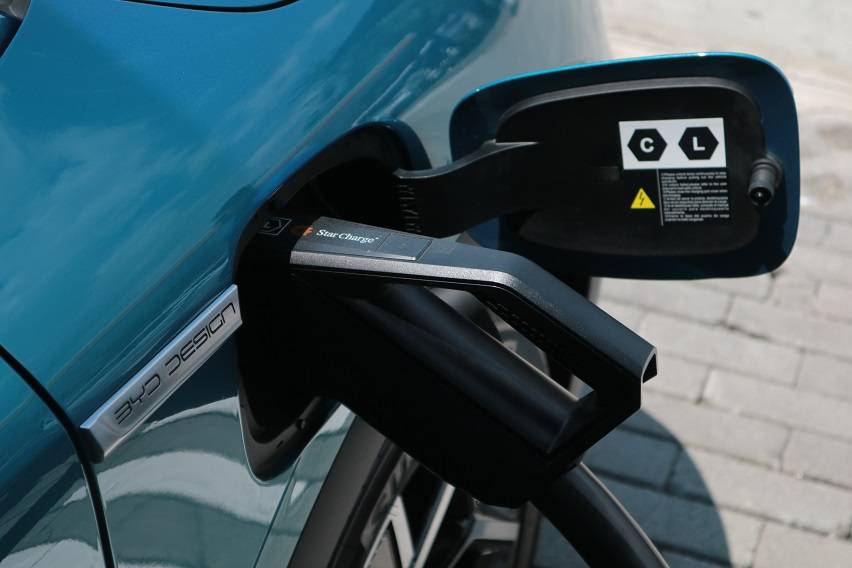 Photo by Juan Paulo Papa
Photo by Juan Paulo PapaFurther, the MMDA also exempts battery-electric and hybrid vehicles from the coding scheme thanks to the government’s backing of the country’s automobile electrification efforts.
A word of caution though, there are “mild hybrids” and “full hybrids.” In a nutshell, mild hybrids do not have an electric vehicle mode while full hybrids can run — albeit for only a short distance — without the help of an internal combustion engine. On that note, the latter is the only kind of hybrid exempted from the number coding scheme.
While the number coding scheme was originally intended for PUV units, they are now no longer covered by the program. Here are other types of vehicles that are exempted from the number coding plan:
- Garbage, fuel, fire trucks
- Marked government vehicles
- Marked media vehicles
- Vehicles carrying essential, perishable goods
- Doctors with valid, updated Professional Regulation Commission license
- Transport Network Vehicle Services
- Motorcycles
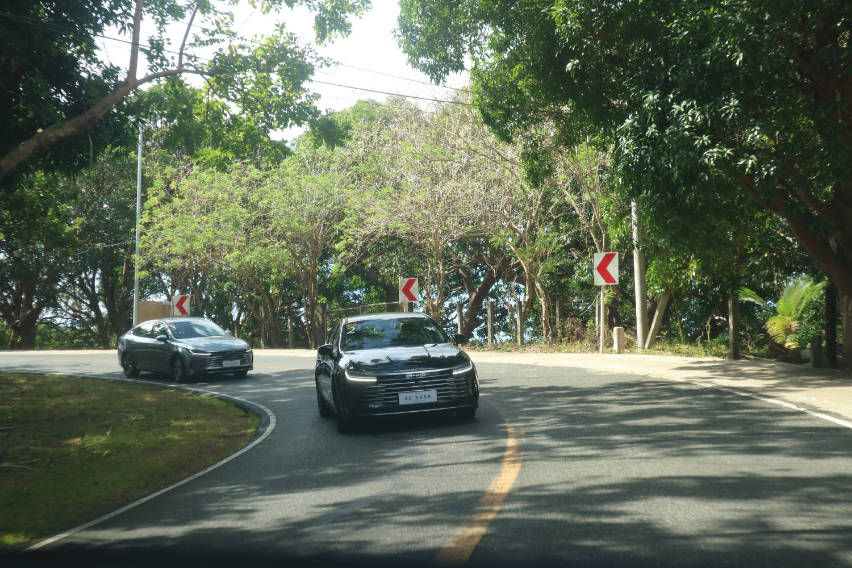 Photo by Juan Paulo Papa
Photo by Juan Paulo PapaAlso, privately owned toll roads do not enforce the number coding scheme. So, there is no coding on the Metro Manila Skyway, South Luzon Expressway, North Luzon Expressway, Ninoy Aquino International Airport Expressway, and Manila-Cavite Expressway.
Number coding fines
Those who will be apprehended for violating the number coding scheme will face penalties ranging from P300 to P500, depending on where one is caught.
Further, the fine must be paid within seven days of the violation.
Also read:
MMDA to suspend coding for upcoming holidays
MMDA: No Number Coding Suspension on Aug. 25
Ensure your vehicle is Summer road trip-ready by following these tips
Sell your car at the best price
 Verified and genuine buyers
Verified and genuine buyers
Trending & Fresh Updates
- Latest
- Popular
You might also be interested in
- News
Featured Cars
- Latest
- Upcoming
- Popular
Car Articles From Carmudi
- journal
- advice
- financing
- insurance

